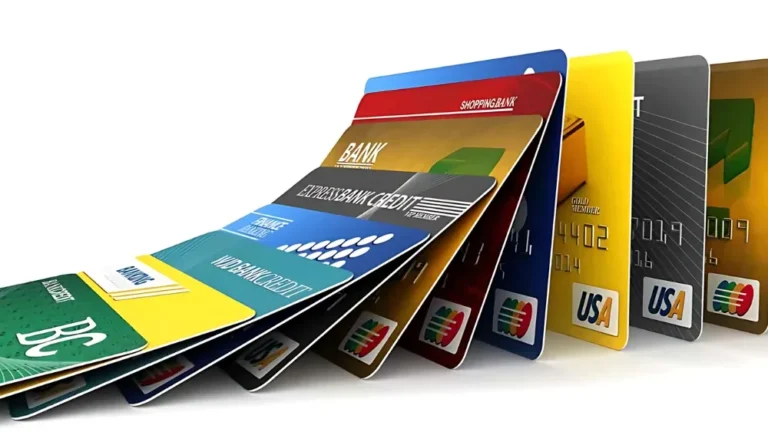Curious about credit cards? Discover everything from what a credit card is to how it works, the benefits, and more. Includes all the details you need to make the best financial decisions!
Table of Contents
Introduction
So, you’ve decided it’s time to dip your toes into the world of credit cards. Whether you’re a newbie or someone just wanting to brush up on their knowledge, this guide has you covered. We’ll get into the nitty-gritty of credit cards, break down all the jargon, and hopefully leave you feeling like a credit card pro by the end. Ready to dive in? Let’s go!
What’s a Credit Card, Anyway?

The Basics
First things first: a credit card is essentially a loan in a small plastic rectangle. You borrow money from a bank or financial institution to make purchases, and you pay them back later, usually with interest. Sounds simple enough, right?
Credit cards can be a lifesaver for building credit, earning rewards, or covering unexpected expenses. But, like any financial tool, they need to be used wisely.
How Do Credit Cards Work?
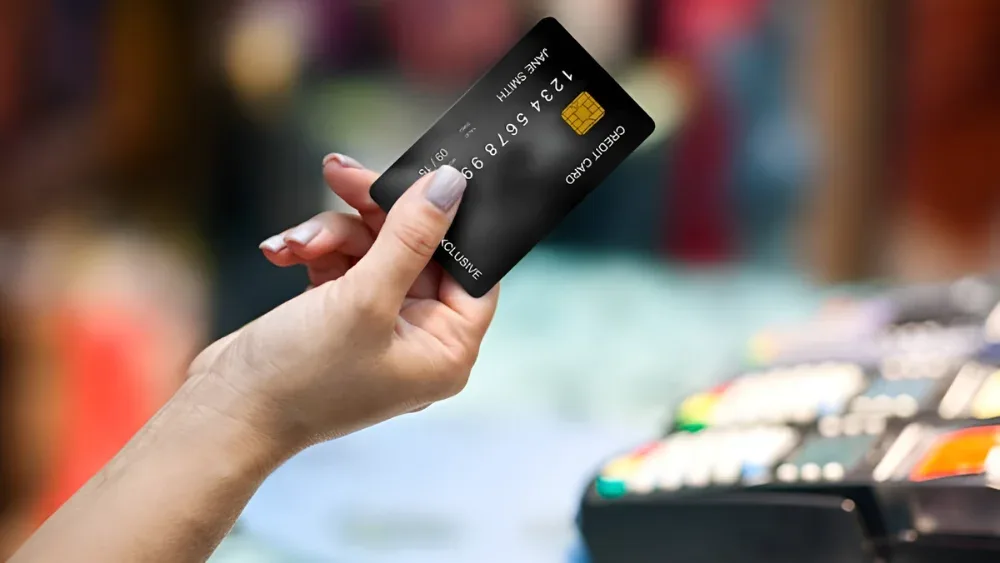
It’s All in the Process
When you swipe, tap, or insert your creditcard to buy something, the creditcard company fronts the money on your behalf. You’ve technically borrowed that cash, and it’s now up to you to pay it back. At the end of your billing cycle, you’ll get a statement showing what you owe, plus any interest charges if you haven’t paid off the balance in full.
So, when it says “Creditcard includes all details to need,” it’s not lying. Your creditcard comes packed with information about how much you’ve spent, your interest rate, and your repayment terms. The trick is to know how to interpret those details and use them to your advantage.
Types of Credit Cards
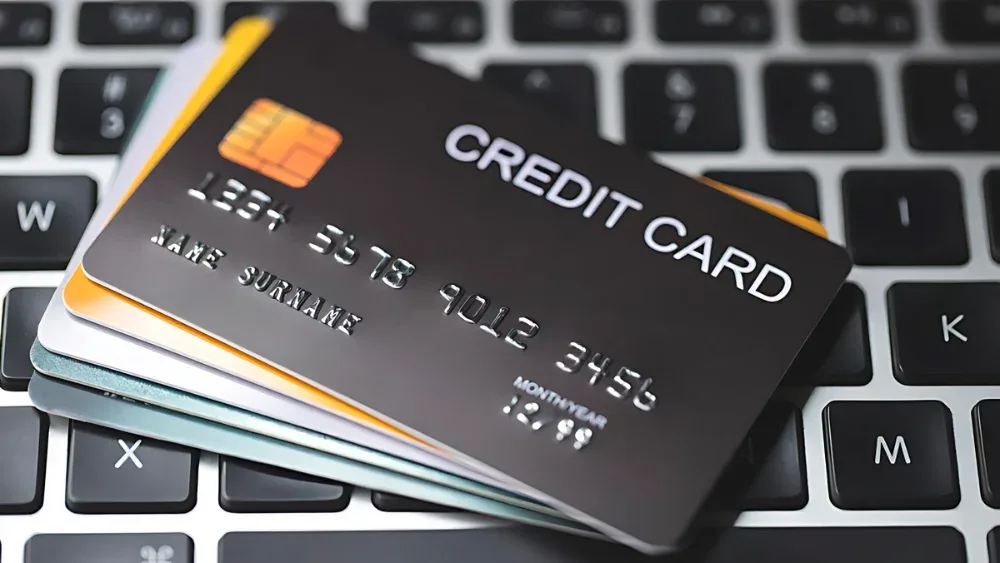
Which One Should You Choose?
Not all creditcards are created equal. Here’s a rundown of some common types to help you figure out which might suit you best:
- Standard Credit Cards: These are the basic ones. No frills, just borrowing money and paying it back.
- Rewards Credit Cards: Earn points, cashback, or travel miles for your spending. Who doesn’t love free stuff?
- Secured Credit Cards: Perfect for those trying to build or repair their credit. You put down a security deposit, and that amount acts as your credit limit.
- Student Credit Cards: Specifically designed for students, often with lower credit limits and rewards tailored to younger people.
- Business Credit Cards: Made for business expenses, with rewards and perks targeted at companies.
Picking the right card can feel overwhelming, but remember that the best one for you depends on your spending habits and financial goals. Pro tip: always read the fine print because, let’s face it, creditcard includes all details to need!
The Benefits of Credit Cards
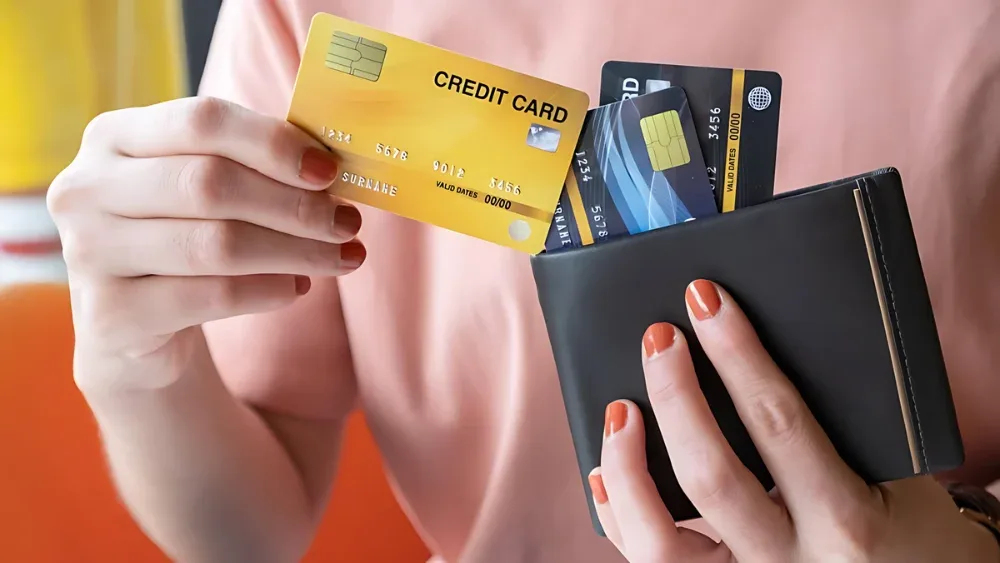
Why Use One?
So, why should you bother getting a creditcard in the first place? Well, there are plenty of benefits if used responsibly:
- Convenience: No need to carry wads of cash everywhere. Your card can handle it.
- Building Credit: Paying off your balance on time can help you build or improve your credit score.
- Rewards: From cashback to travel points, rewards cards can actually help you save money.
- Fraud Protection: Most creditcards come with built-in fraud protection, which means if someone gets a hold of your card and starts spending, you’re typically not on the hook for those charges.
But remember, the key to enjoying these benefits is using your card wisely. No one wants to get buried in debt because they thought they could live like a rockstar on borrowed money!
Common Credit Card Terms You Need to Know
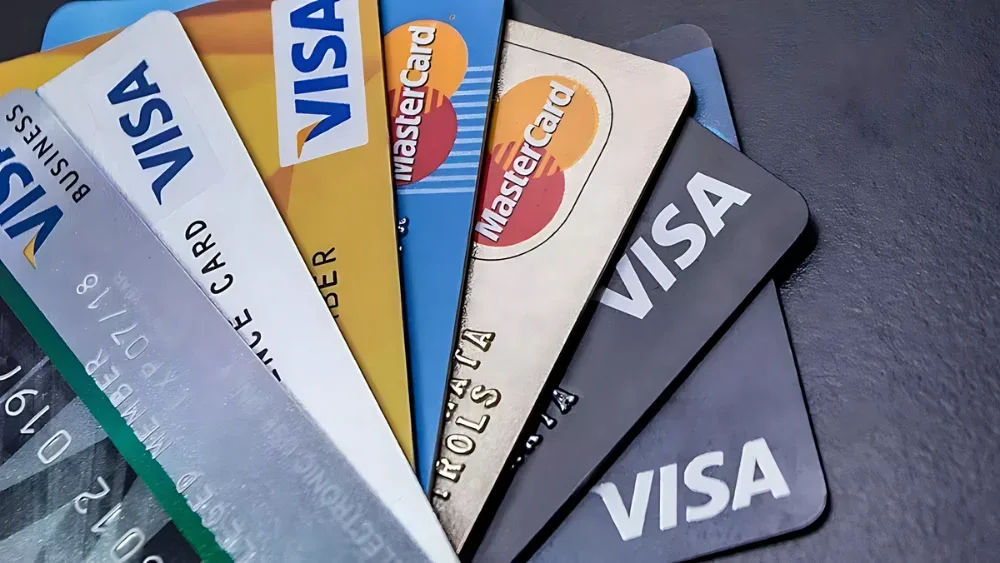
What Does That Even Mean?
Before you sign up for a card, you’ve got to understand the terms they throw at you. Here are some must-know phrases:
- APR (Annual Percentage Rate): This is your interest rate, which is what you’ll pay if you don’t pay off your balance in full each month. The lower, the better!
- Credit Limit: This is the max amount of money the bank will let you borrow. Go over this, and you could face fees or have your card declined.
- Grace Period: This is the time you have to pay off your balance without getting hit with interest. Typically around 21-25 days.
- Minimum Payment: The smallest amount you can pay on your balance without facing penalties. Paying just this keeps you out of trouble short-term but racks up interest in the long run.
- Annual Fee: Some cards charge you a yearly fee just for the privilege of having the card. Always weigh if the rewards or perks outweigh the cost.
Pros and Cons of Credit Cards

The Good, the Bad, and the Ugly
There’s a lot to love about creditcards, but they aren’t perfect. Let’s break it down:
Pros
- Build Credit: As we mentioned before, paying on time can boost your credit score.
- Earn Rewards: Cashback and points can save you money if you play your cards right (pun intended!).
- Convenience: Creditcards are widely accepted and easy to use.
- Purchase Protection: Many creditcards offer purchase protection, meaning if something you buy gets stolen or broken, you might get reimbursed.
Cons
- Debt Accumulation: It’s easy to spend money you don’t have, leading to debt.
- High Interest Rates: If you don’t pay off your balance, interest charges can pile up quickly.
- Fees: Some cards charge annual fees, foreign transaction fees, or late fees, which can add up.
Like anything in life, credit cards are a double-edged sword. It’s all about using them to your benefit and avoiding the pitfalls.
Conclusion
And there you have it! We’ve covered the essentials—from how credit cards work to the different types, and even some of the pros and cons to consider before jumping in. Remember, when they say, “Credit card includes all details to need,” they mean it—just make sure you actually understand those details.
Whether you’re looking to build credit, earn rewards, or just have a safety net for emergencies, credit cards can be a powerful tool in your financial arsenal. But use them wisely, keep an eye on those interest rates, and always pay your balance on time. Cheers to making smart financial choices!
Some Common Questions and Answers about Credit Cards:
1. What is a credit card?
A creditcard is a payment card issued by a financial institution that allows you to borrow funds up to a certain limit to make purchases or withdraw cash. You agree to repay the borrowed amount, usually on a monthly basis.
2. How does a credit card work?
When you use a creditcard, you are borrowing money from the card issuer to make a purchase or withdraw cash. At the end of the billing cycle, you receive a statement showing what you owe. You must make at least the minimum payment by the due date to avoid late fees and interest charges.
3. What is the difference between a credit card and a debit card?
A credit card allows you to borrow money up to a limit set by the issuer, while a debit card draws directly from your checking account. Creditcards can offer rewards, build credit history, and have features like fraud protection, whereas debit cards are typically used for everyday transactions and have fewer of these features.
4. What is APR?
APR stands for Annual Percentage Rate. It represents the cost of borrowing on the credit ard, including interest and fees, expressed as a yearly percentage. Higher APRs mean higher interest charges on unpaid balances.
5. What is a credit limit?
A credit limit is the maximum amount of money you can borrow on your creditcard. It’s determined by the card issuer based on your creditworthiness, income, and other factors.
6. What is the minimum payment?
The minimum payment is the smallest amount you must pay by the due date to avoid late fees. It’s usually a small percentage of your outstanding balance or a fixed amount, whichever is greater.
7. What are credit card rewards?
Credit card rewards are incentives offered by creditcard issuers, such as cash back, points, or miles, earned based on your spending. Rewards programs vary by card and can offer benefits for travel, shopping, or dining.
8. How can I improve my credit score using a credit card?
To improve your credit score:
- Make payments on time.
- Keep your credit utilization ratio low (ideally under 30% of your credit limit).
- Maintain a low balance relative to your credit limit.
- Avoid opening too many new credit accounts in a short period.
9. What should I do if I lose my credit card?
Report a lost or stolen creditcard to your card issuer immediately. They can block the card to prevent unauthorized transactions and issue you a replacement.
10. What are some common credit card fees?
Common fees include:
- Annual Fee: Charged yearly for having the card.
- Late Payment Fee: Charged if you miss the payment due date.
- Over-Limit Fee: Charged if you exceed your credit limit.
- Cash Advance Fee: Charged when you use your card to withdraw cash.
11. How can I avoid credit card debt?
To avoid debt:
- Pay your balance in full each month.
- Set a budget and stick to it.
- Avoid using your creditcard for unnecessary purchases.
- Keep track of your spending and payments.
12. Can I cancel my credit card?
Yes, you can cancel a creditcard by contacting your card issuer. However, be aware that canceling a card can affect your credit score, especially if it’s one of your oldest accounts or has a high credit limit.
If you have more specific questions or need details on a particular aspect, let me know!
By: Paisainvests


